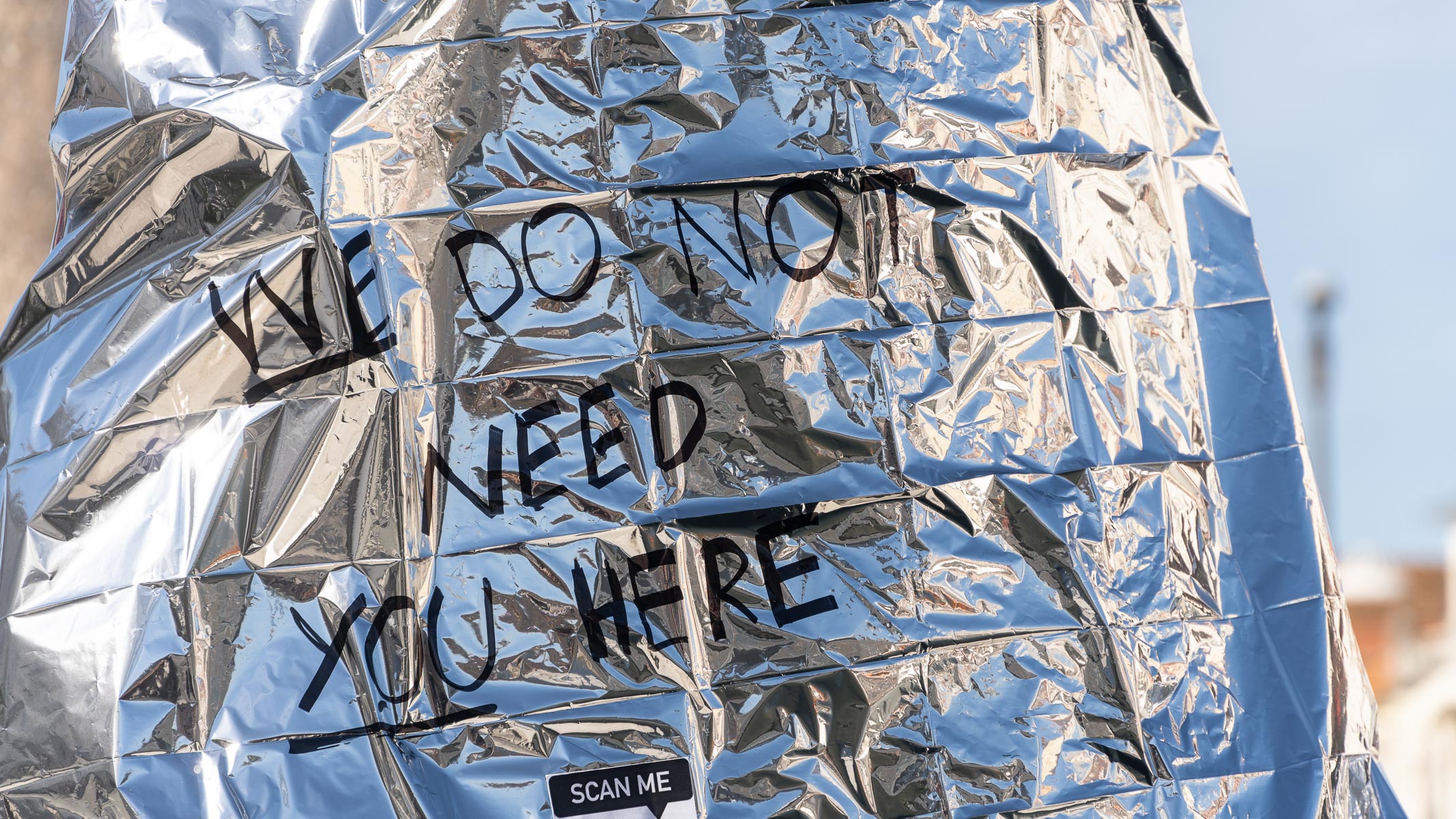Acting for democracy, in the times of crisis
In times of fragile democracy and great political uncertainty around the world, "Acting for Democracy" is our latest project approved by Erasmus+. Once again, we are tackling essential issues of today, this time in partnership with the Serbian organization Cekom.
Estimated reading time: 3 minutes and 13 seconds
Our first in-person activity has come to an end – a four-day study visit that brought a small group from Serbia to Aveiro. It was an intense, enriching, and emotional experience: we exchanged opinions and information, learned a lot from each other, but also took the time to try ovos moles and have some fun. Over the next 12 months, this partnership will strengthen the capacities of both organizations in the fields of democratic participation, EU common values, and civic engagement.
On the first day, we started with a visit to Europe Direct Coimbra, where we gained insight into how the European Union works closely with its citizens. The session provided an overview of European institutions, membership requirements, and the benefits of EU integration for Portugal. The Serbian participants, all actively involved in the ongoing student protests in Serbia, found the European question particularly relevant. However, this doesn’t mean that they all support EU integration. As Mirta, 32, put it: "The European Union is a brilliant idea with values we share, but in practice, things are different, and right now, we don’t agree with how they are handling our administration."
On a more positive note, this visit was not only an opportunity for them to learn about European ideals and benefits but also a chance to highlight areas where the EU can improve in order to engage future Serbian generations and foster good relations with the country.
Back in Aveiro, we visited the Atlas Building, a great example of how European funding can be used to improve public spaces. We had a guided tour with Sónia Almeida, Head of Culture and Tourism at the Aveiro City Hall, who revealed all the secrets of this beautiful building.
In the afternoon, we dived into even more serious topics. When we planned this project last summer, we couldn’t have imagined that, at the time of our first activity, Serbia would be experiencing over 100 days of student-led university protests and blockages. We were honored and fortunate to have participants directly involved in these protests, who not only explained the reasons behind them but also shared insights into the complex logistics of organizing such movements and the challenges they face. The session was led by Mirta Crkvenjakov and Vuk Vujcin, who provided us with a unique perspective on the geopolitics of a country caught between Russia and the European Union, trying to balance different interests.
We were also joined by educator and researcher Alexandra Ataíde and university professor José Carlos Mota, both deeply involved in participatory processes across Portugal, who enriched the discussion with their insights and reflections.
After this intense but highly rewarding session, we headed to Ílhavo, where we visited the inspiring Urban Proximity Citizenship Lab in Ílhavo.
The next day, Diogo Nascimento led a session on international relations, particularly focusing on Atlantic and Serbian relations. The debate was dynamic and heated, especially when discussing Serbia’s potential EU accession. But that’s the beauty of debates – opposing viewpoints challenge each other, fostering mutual learning and expanding perspectives. After all, a discussion where everyone agrees becomes nothing more than an echo chamber.
Throughout the project, participants were reminded of the work of Brazilian educator and researcher Vanessa Andreotti, who argues that everyone possesses knowledge, all knowledge deserves respect, every knowledge is partial and incomplete, and all knowledge can and should be questioned. And that’s exactly what we did.
No trip to Aveiro is complete without a visit to Costa Nova, so after the debate, the group headed to the beach. And, as always, some participants (willingly or not) ended up getting their feet wet in the Atlantic Ocean.
This study visit was part of the Erasmus+ project “Acting for Democracy”, co-funded by the Erasmus+ Programme and generously supported by Aveiro City Hall.

Agora Aveiro











